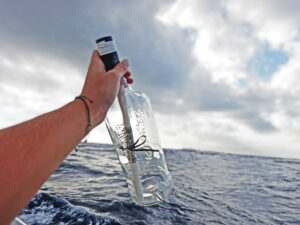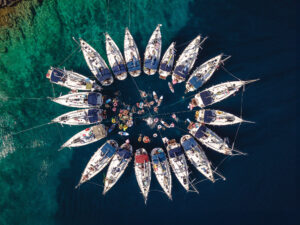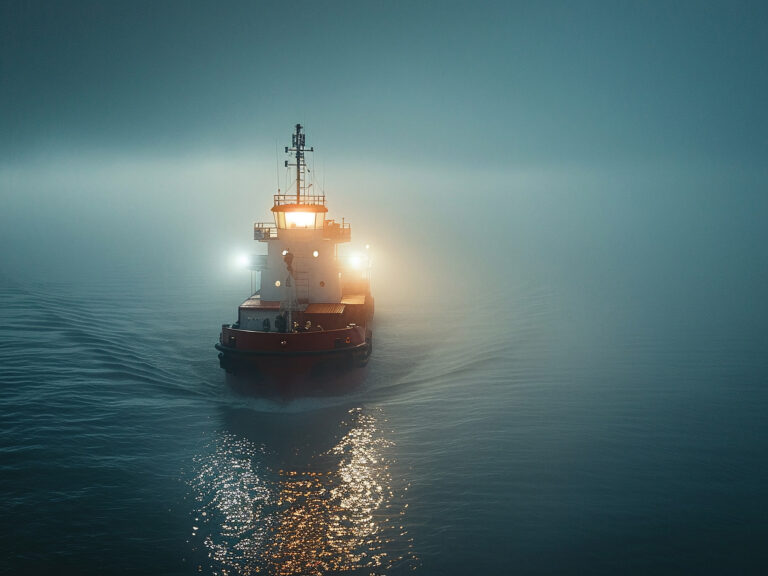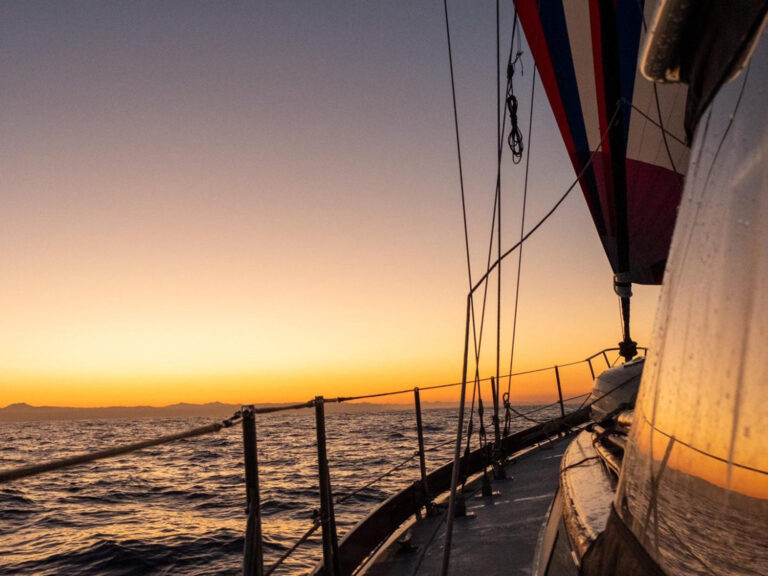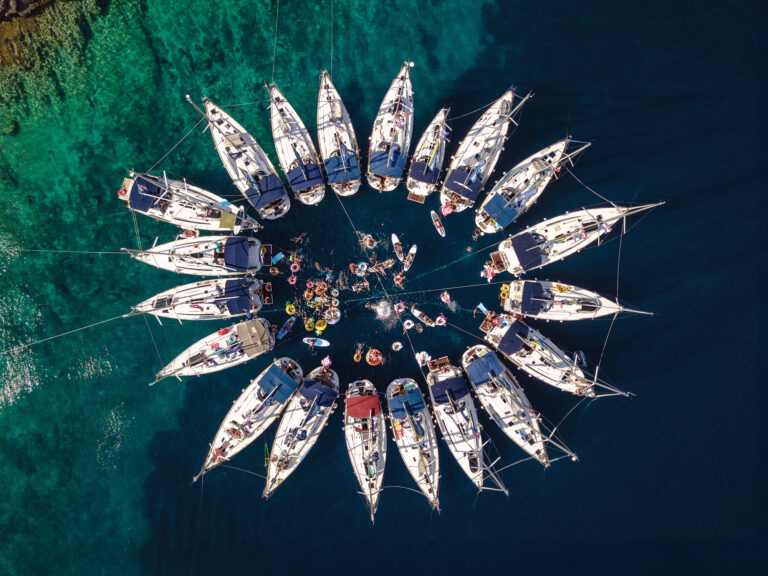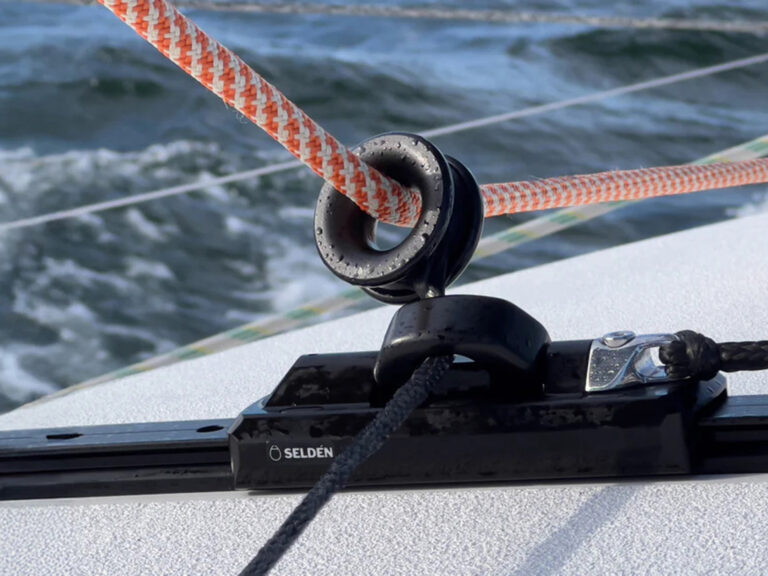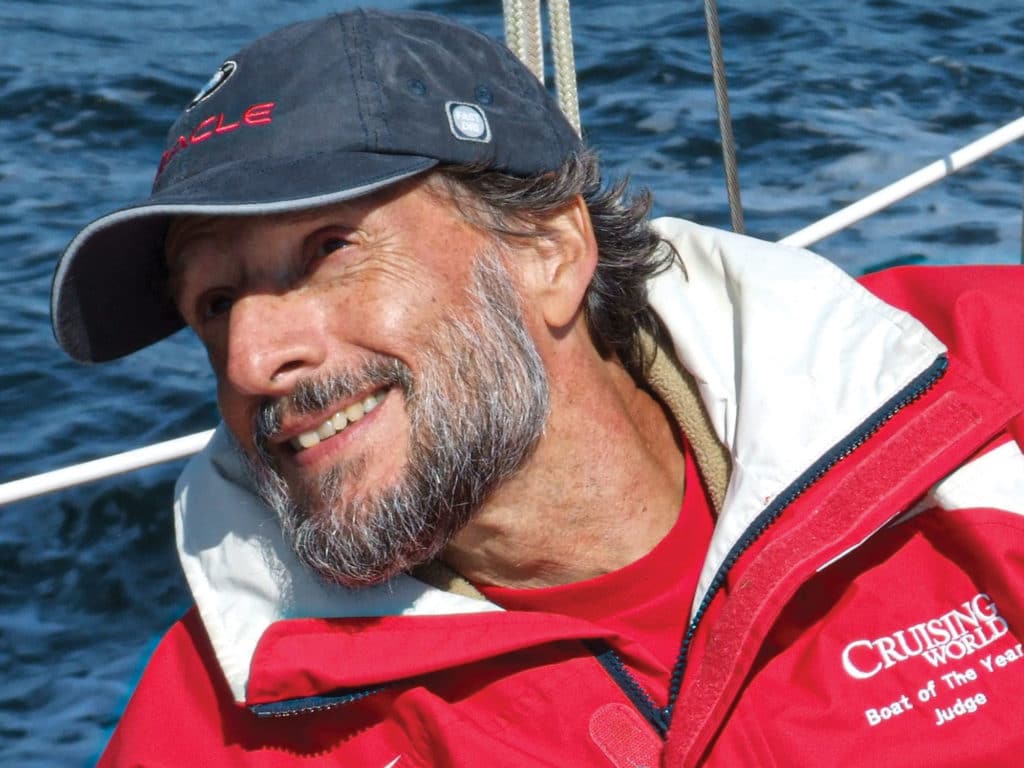
When Steven Callahan left Maine in January 1981 on Napoleon Solo, a 6.5-meter sloop, for a solo sail to the Canary Islands and back to America, he was planning to fulfill a childhood dream and thought he had prepared for all contingencies. Callahan was 29 when he started what he later described as an “exhilarating crossing” of the Atlantic and made it safely across the sea. On January 29, 1982, Callahan left the Canaries for the sail back to America. The first week of the return journey, Callahan said, “was smooth trade-wind sailing, and when a gale started, I wasn’t too concerned. I knew the boat, and I’d been through much worse.” Later, on the night of February 4, 1982, something—”probably a whale or a large shark,” Callahan recalled—smashed into Napoleon Solo with a deafening bang and opened a hole in the hull.” Callahan was forced to evacuate to a life raft and spent the next 76 days lost at sea, an ordeal he described in greater detail in his book Adrift: Seventy-Six Days Lost at Sea.
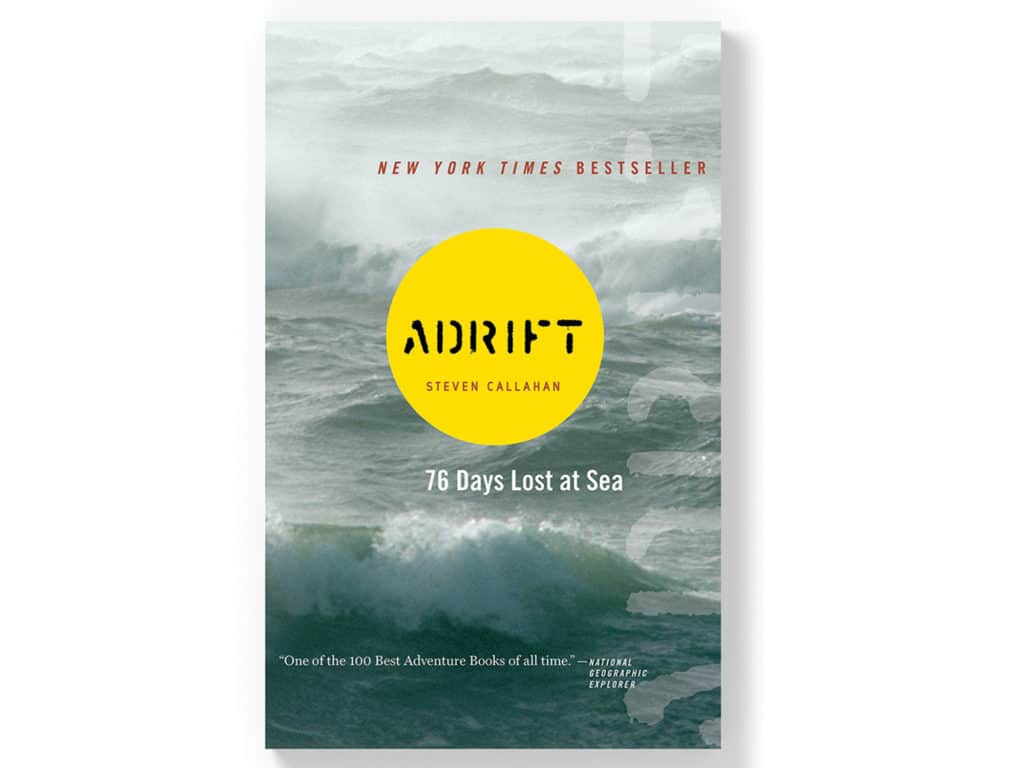
Callahan’s life since being adrift at sea has been a mix of highs and even more life-threatening challenges. “While I was stranded at sea, I had a lot of time to think,” Callahan recalled recently from his home in Maine. “I regretted every mistake I’d ever made. I was divorced and felt I had failed at human relations in general, at business, and even at sailing. I vowed that if I was found at sea, I would do a better job with my life.”
It took about eight months for Callahan to fully get back on his feet after being found by three fishermen in the Caribbean. Back in Maine, Callahan reconnected in 1982 with Kathy Massimini, an old friend. “Neither of us had anything,” Callahan said. “We had two rusted cars and didn’t have a lot of the bare necessities, but we loved each other.” Callahan and Massimini began living together in 1982 in a Maine farmhouse they rented for $125 a month, and got married in 1994.
In addition to writing Adrift and articles about safety at sea, Callahan served as a technical consultant to director Ang Lee on the movie Life of Pi, about a survivor’s story at sea. Callahan still designs boats—he originally built Napoleon Solo for the Mini Transat 6.50, a solo yacht race across the Atlantic. Callahan faced more life-threatening challenges in 2010 when portions of both of his kidneys had to be removed, and in 2012, when he was diagnosed with acute myeloid leukemia. “I had my 30th birthday in a life raft and spent my 60th birthday in a hospital bed getting chemotherapy,” said Callahan, who underwent a stem-cell transplant later in 2012. “Through it all, the same as while adrift, Kathy and I have always found reasons for finding gifts within the experience: the preciousness of life that we seem to capture in the most desperate of times.
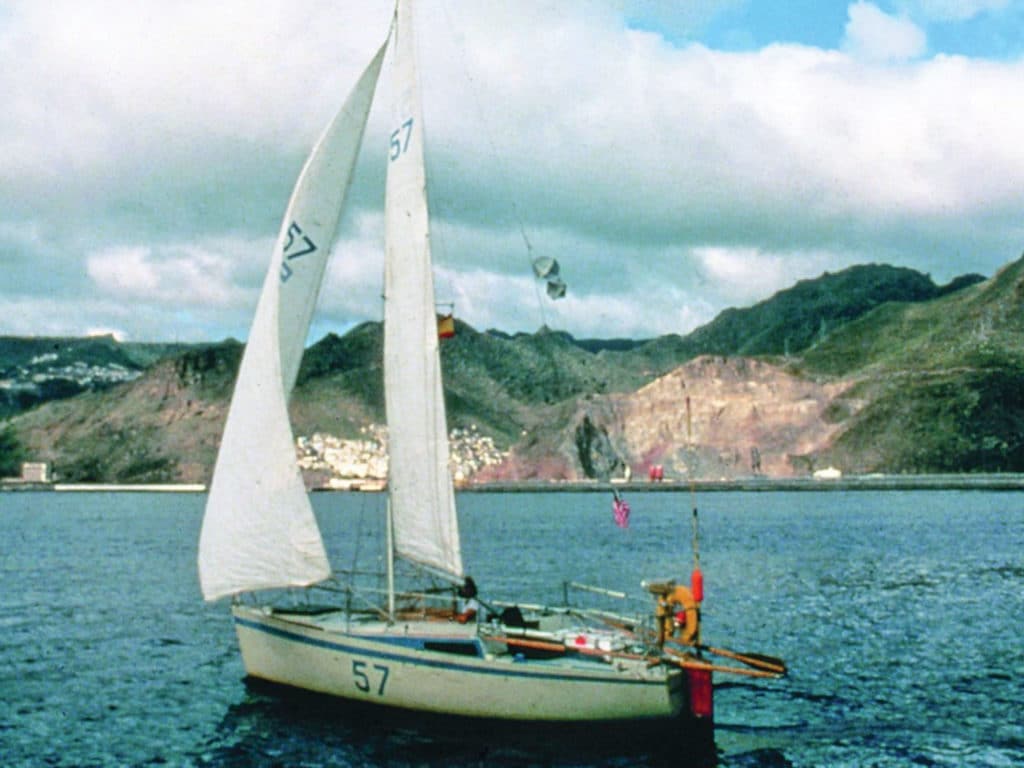
“Being adrift alone and being totally dependent on others while going through leukemia were very different in so many obvious ways, but survival experiences of all types also share a lot in common, from stages we go through to general strategies. Most valuable to me were that both delivered a deep spiritual sense of connection to all things. Both were incredibly difficult to get through, but both also rewarded me with true awe, enlightenment, inspiration and humility that I could not have experienced in any other way,” Callahan said.
Today Callahan serves as a national celebrity ambassador for the Leukemia Cup Regatta campaign, and together with Kathy supports the Woods Hole Oceanographic Institute. Forty years later, Callahan has no regrets about making the journey. “Anything worth doing is not going to be easy. While we all want to have fun in our lives, fulfillment is what we all are really after. I still don’t regret my 76 days alone in the raft. To this day, I feel enlightened by what I went through because it changed me for the better.”


